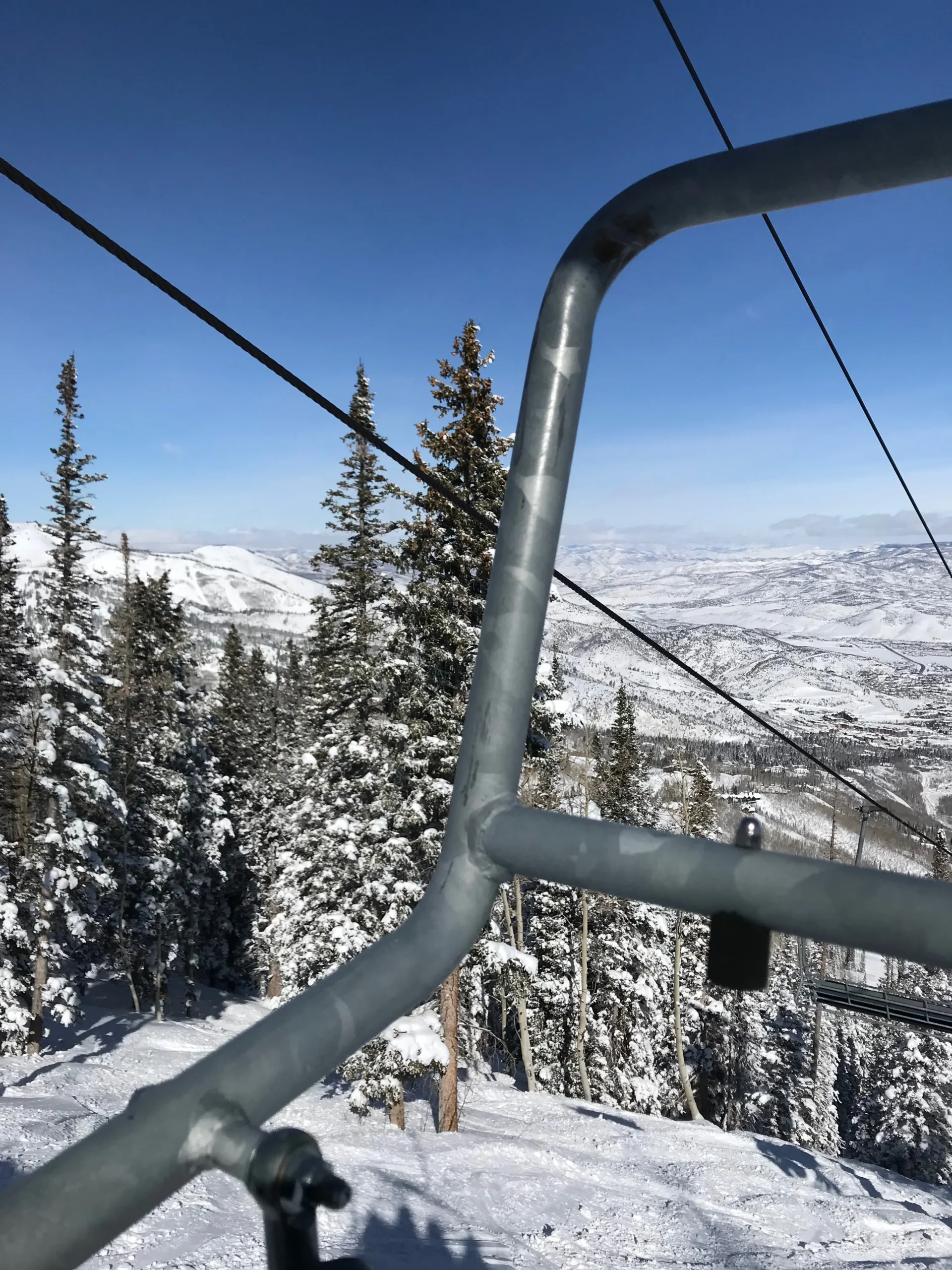Forest-Free Palm Oil, Soil Carbon, Coolcations, and More!
Hey climate heroes! Welcome to The Climate Roundup, where we round up the change, er the news about climate and the environment. As part of the Gen E community, we thank you for making climate action part of everyday life. (Reading this newsletter counts!)
Sign up for The Climate Roundup weekly newsletter here
In Pop Culture:
🧑🎤 As the saying goes, if you want something done, you have to get a pop star to do it. And that is exactly what is happening in our US government on the issue of the excruciatingly long permitting processes for clean energy projects. A pop star had an idea that is now being seriously entertained. The pop star is Adam Met of the band AJR (🤷🏻♀️), the idea is to build renewable energy projects on public lands already approved for oil and gas production, in order to more quickly get clean energy flowing to our grids. Theoretically, the heavy lifting has already been done with approvals granted, so why not throw some solar and wind in the mix? It is legitimately being considered by the Bureau of Land Management, and has backing from both a Dem and Repub. The trio even made a video about it (clearly the creative direction of the gov’t side of things won out). Admittedly, I began reading this article with heavy skepticism and an eye roll. By the end, it made perfect sense as a logical concept to explore that appeases both sides of the aisle. And so, to our elected officials, I would ask: “What would you say you do here”? A POP STAR can do your job.
GETTING DOWN TO CLIMATE BUSINESS:
🌴 Yes To Alt Palm Oil: Exciting news for anyone who hates deforestation. A handful of startups are working on scaling lab-made palm oil. It’s made similarly to beer, using yeast in vats, and the hope is that this new, dynamic oil will replace the tree-made oil that is a major driver of global deforestation. Palm oil is used to make everything from peanut butter to cosmetics – just take a look at the ingredient list in a random sample of your pantry or bathroom shelf. You’ll find that it’s the ‘Amazon of ingredients’ – no matter how hard you try, it’s damn near impossible to avoid. But we’ve got to, because we need to keep our forests healthy and biodiverse – not burnt down to create monocrop plantations. The roadblocks in the way for these startups include FDA approvals and higher costs vs the incumbent deforestation variety. But something tells me this will play well with consumers and scale fast once some big consumer goods companies get on board.
🥩 Prime Fake Meats: Last week, the Bezos Earth Fund announced it will invest $60 million to establish Bezos Centers for Sustainable Protein to “target major technological barriers to reducing cost, increasing quality, and boosting nutritional benefit of alternative proteins by advancing science and technology.” See, told you we can’t escape Amazon. But let me be clear, I’m all for Bezos giving money to environmental initiatives, so this is positive news.
🥗 Free Food, Not Food Waste: Free food was the hallmark of tech company culture, and Google is still serving up this employee-pleasing perk to the tune of 240K meals a day. If managed poorly, this could amount to a lot of food waste. Especially if you think about human feeding behavior around a buffet. Dining tables transform into mountain ranges of food piled up on plates. But Google has ambitious goals to deal with food waste, which is responsible for 8% of human-caused greenhouse gas emissions. By 2025, Google plans to no longer send any food waste to landfills, plus cut waste per employee by half. Some solutions they’re implementing include making certain dishes on demand, repurposing food scraps as ingredients in other products, and donating leftovers.
🔥 Burn, Offsets, Burn: The carbon offset and credit market (the scheme to pay someone else to not pollute so you can keep polluting) is under fire again – literally, because this time the carbon in question is stored in soil that was burned in the recent devastating wildfires in Texas. Soil carbon offsets are a newer mechanism, and perhaps their project owners are looking to offset some of the negative PR emitting from reporting on the junkie nature of most offsets. Not to mention, how forest offsets in particular are susceptible to getting burned down by wildfires, thereby releasing their stored carbon back into the atmosphere. It is not yet clear if the soil carbon was disrupted and released during these fires, but it’s bringing to light questions around the validity of soil carbon credits and how to measure and delineate between existing carbon stored in soil and any newly sequestered carbon that’s being sold as credits. Companies that have purchased soil carbon credits from the Texas projects include Nestle and Shopify.
Some Stats:
2.2°F: AVERAGE SPRINGTIME TEMPERATURES HAVE INCREASED THIS MUCH ACROSS THE U.S. SINCE 1970 (CLIMATE CENTRAL)
3X: METHANE EMISSIONS ARE ON AVERAGE ABOUT THREE TIMES HIGHER THAN U.S. GOVERNMENT ESTIMATES (NATURE)
Meet The “Coolcation”
🧭 As climate change drives temperatures upwards, seasons are getting warmer, and summers in particular are becoming uncomfortably hot. This increasingly undeniable observation has been influencing vacation planning for the savvy traveler for some time, and now it’s going mainstream. Enter the “coolcation”, a new trend in travel where vacationers go north, seeking cooler temps and respite from the heat. Hot summer temps are also shifting traditional timeframes for travel, as the line between a slower shoulder season and a crowded peak season blurs. This is bad news for those of us who exclusively travel during the prime shoulder months, right before or after the crowds, and while the weather is pleasant vs extreme. It’s all part of navigating the world on climate change. Other new nature-inspired trends are emerging, though, that should help fragment the crowds and offer some peace and intrigue in beautiful places. According to Conde Nast Traveler, here are the environmentally-charged travel trends this year: astro-tourism, eco-diving, silent travel, urban gardens, wild feasting, and frontier tourism.



